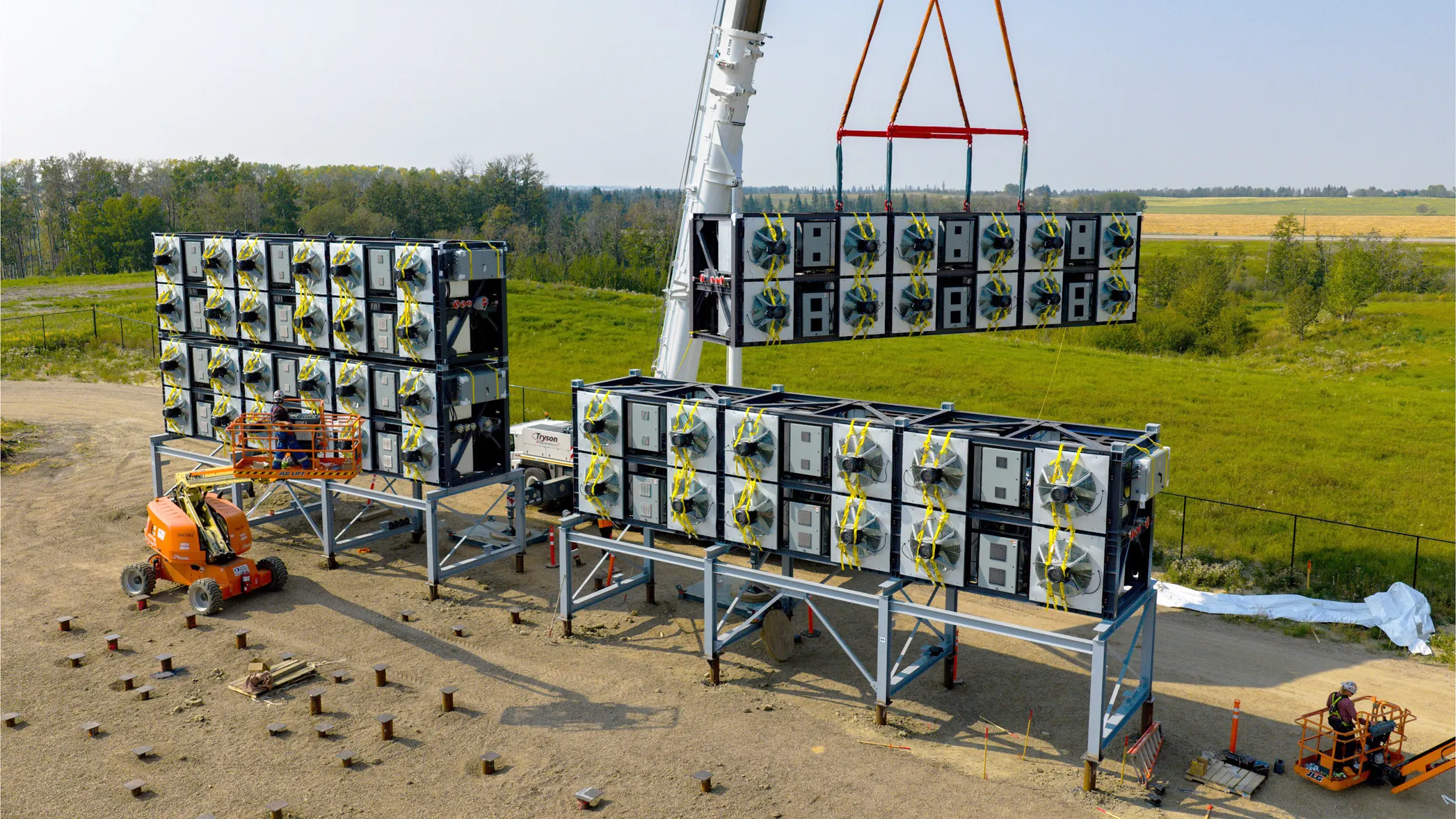
"At the beginning of this year, a climate tech startup called CarbonCapture was ready to break ground on its first commercial pilot at a site in Arizona. But the project is now about to open 2,700 miles away, in Alberta, Canada. The company started considering new locations shortly after the inauguration, as the political climate around climate projects quickly changed."
"In late March, reports came out that the Department of Energy (DOE) was considering cancelling grants for two other large DAC projects, including one in Louisiana that involved the company. By the end of May, by the time the DOE's Office of Clean Energy Demonstrations announced that it was cancelling $3.7 billion in other grants, the startup had already signed an agreement with Deep Sky Alpha, a facility in Canada that is simultaneously deploying and testing multiple direct air capture projects to help the industry grow."
"The startup had already self-funded its planned project in Arizona and built the modules for the site. Because it didn't rely on government funding for the project, it could have moved forward in the U.S. But it saw that it would be harder to move from the pilot to later commercial projects in Arizona. Now, it's planning to build its first full commercial project in Canada as well. (The company wouldn't disclose the cost for either project.)"
CarbonCapture shifted its initial commercial direct air capture deployment from Arizona to Alberta, Canada. The company produces modular DAC units that remove CO2 from the air. The U.S. Department of Energy considered cancelling grants for other large DAC projects and the DOE's Office of Clean Energy Demonstrations later cancelled $3.7 billion in grants. CarbonCapture signed an agreement with Deep Sky Alpha in Canada while having already self-funded and built modules for the Arizona site. The company judged the U.S. pathway to scale and finance later commercial projects as more difficult and now plans its first full commercial project in Canada. Costs were not disclosed.
Read at Fast Company
Unable to calculate read time
Collection
[
|
...
]